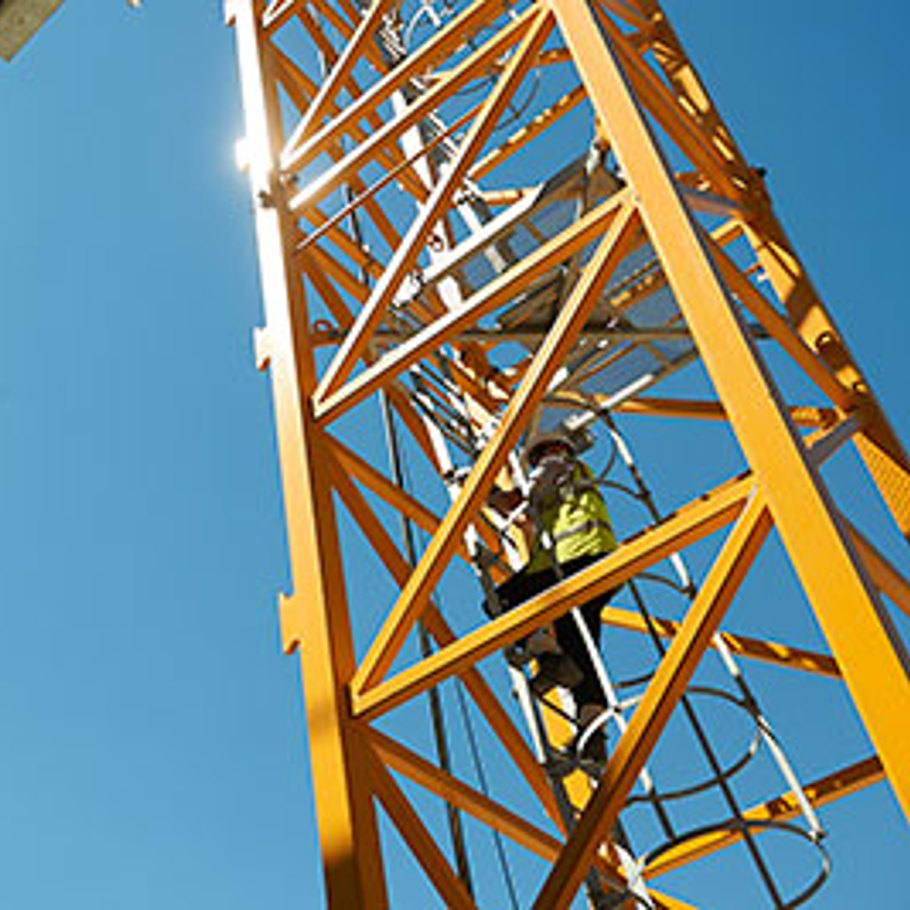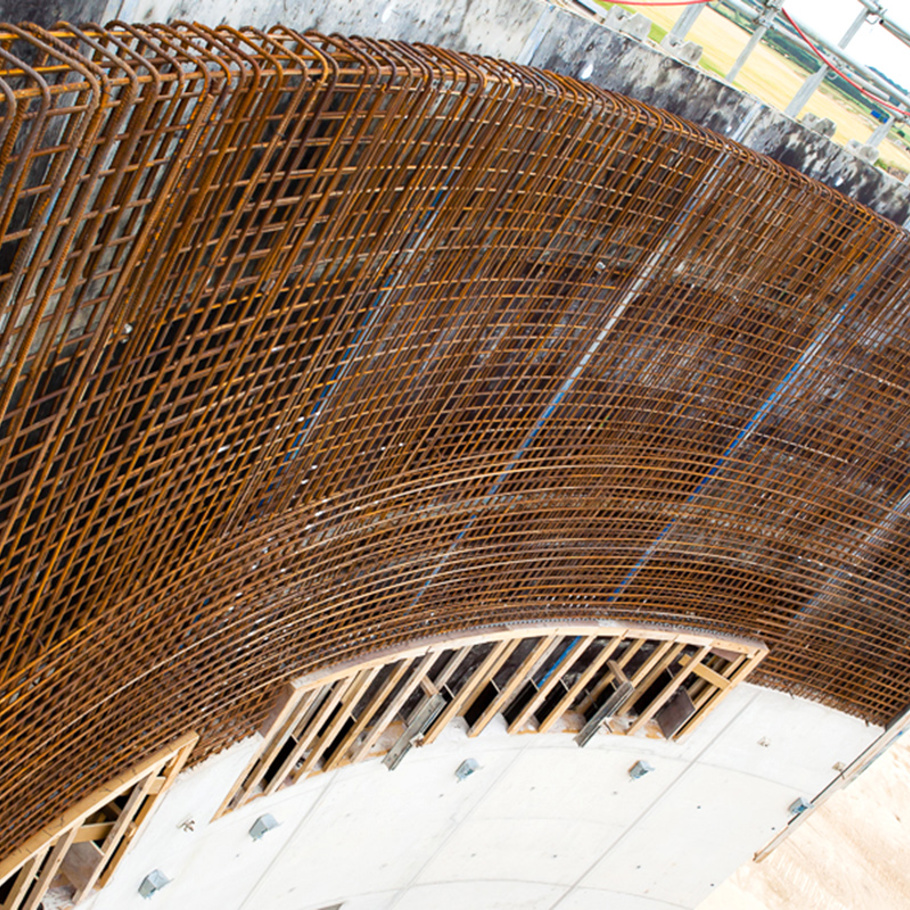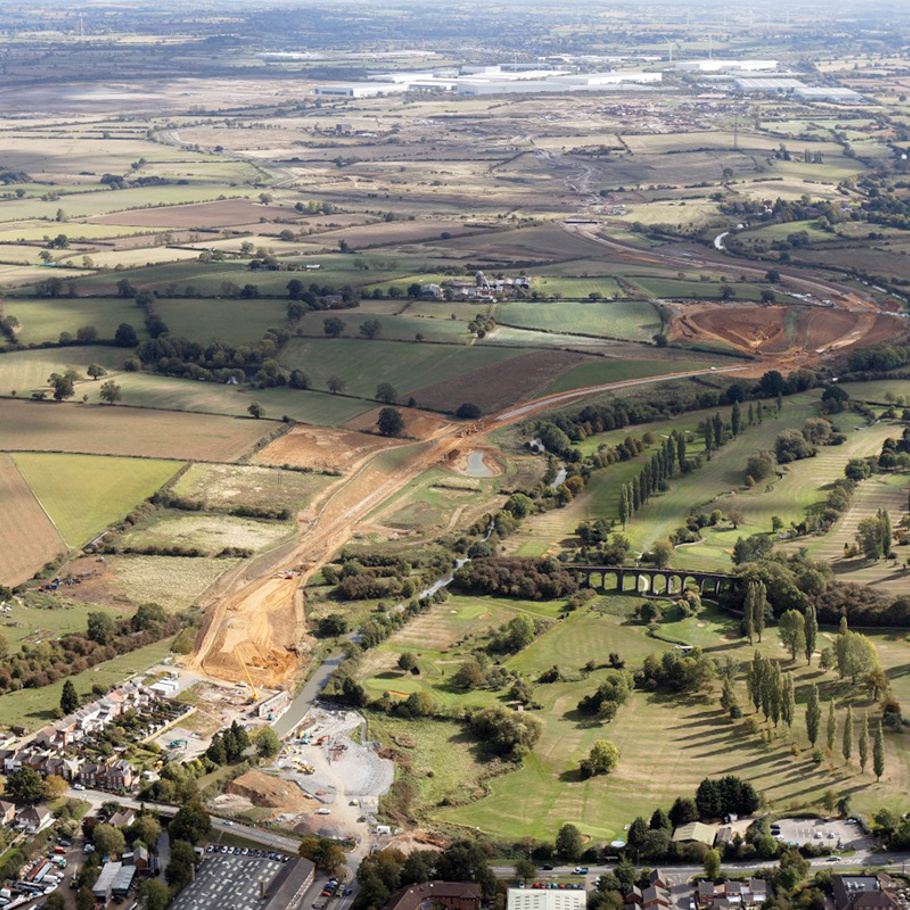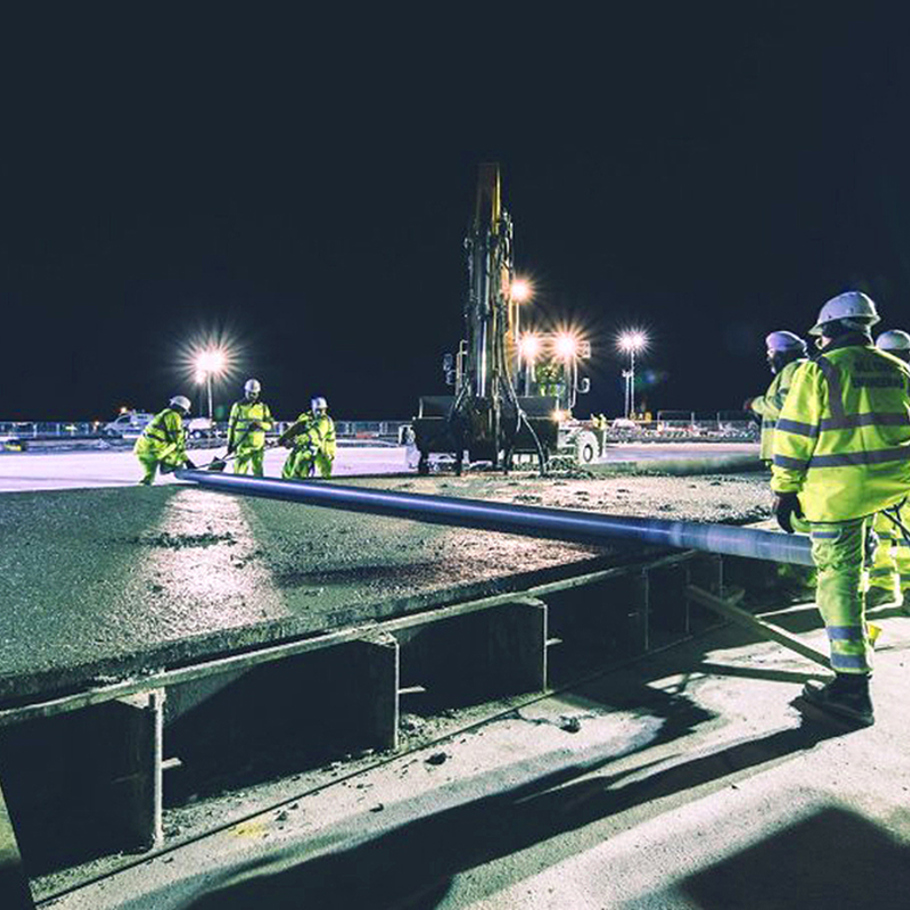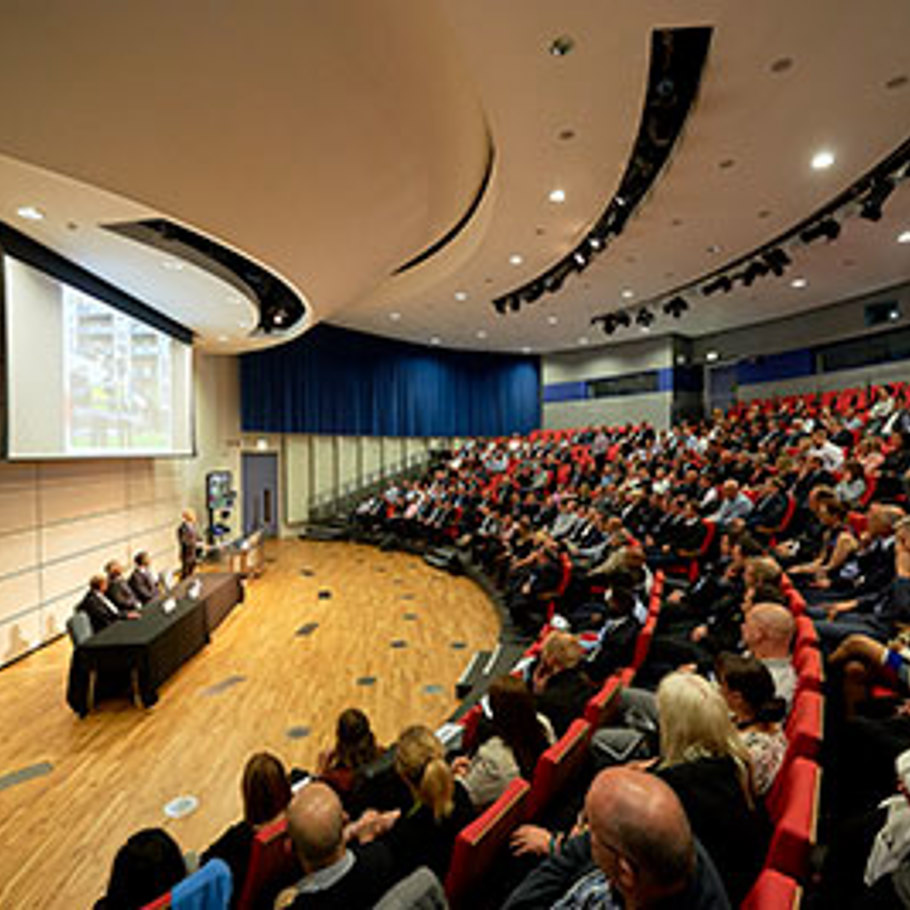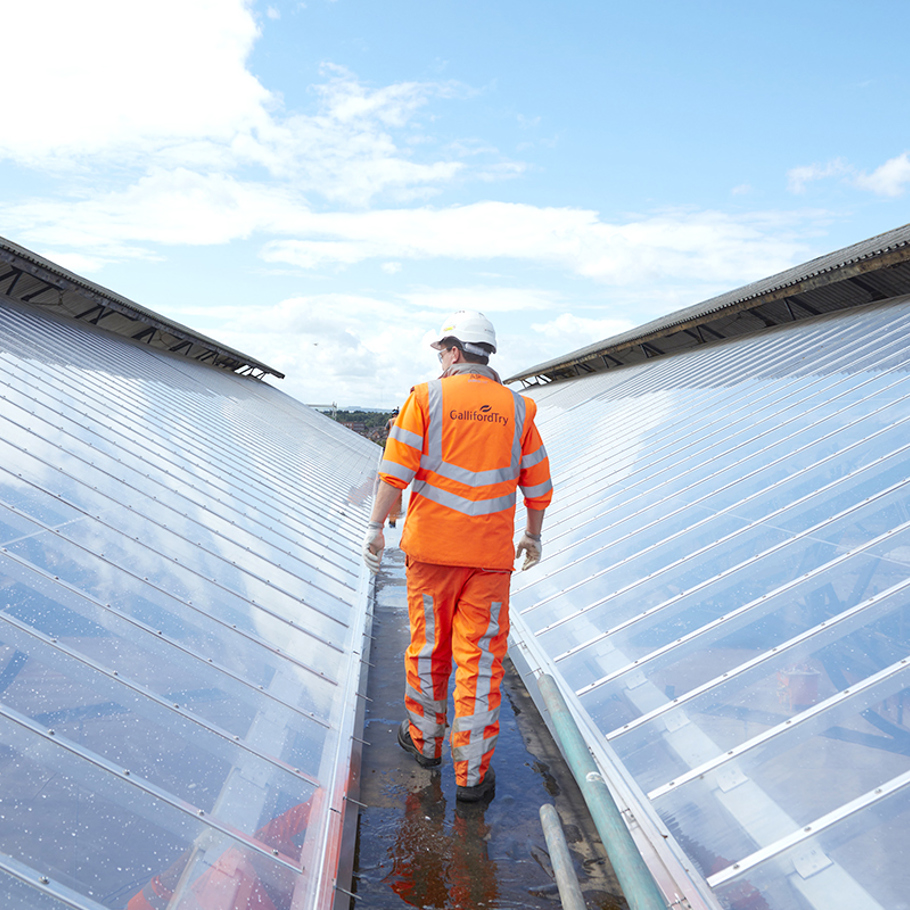Topic Carbon
Date 06 Jul 2022
Galliford Try has entered into an agreement with Welfare Hire Nationwide (Kelling Group) for the supply of ECOXLi mobile self-contained welfare units, which are one of the largest, and greenest welfare unit types on the market.
Initial use of these units is already demonstrating significant savings in carbon emissions and operational costs.
Compared to traditional cabins that are typically powered by diesel generators, the new modern welfare unit design reduces carbon dioxide emissions, minimises fuel consumption and lowers noise pollution by targeting the use of solar power, water harvesting systems and smart telemetry.
The new cabins run entirely on solar/lithium batteries, unless a top-up charge is required from a small genset, powering a working office, two separate WCs and full welfare canteen facilities, including appliances such as kettles and microwaves.
A smart eco water system with rainwater harvesting and a non-chemical water tank provides “bigger and better” hygiene and wash facilities, while reducing WC service costs and carbon.
The water system stores hot water for instant warm water, instead of using an immersion heater that uses a generator to heat water on-demand.
Its large capacity along with the smart telemetry has eliminated 90% of automatic weekly services and saved the equivalent of 872 litres of fuel, based on a single unit and a nine-week hire period.
The cabins also benefit from a smart telemetry system, which features a live dashboard for real-time monitoring, including automated system start/stop, fault resolution and management of service intervals, which facilitate optimal usage of welfare.
Commenting on the trial, Simon Stone, Head of Supply Chain Management for Galliford Try, said: “Our Sustainable Growth Strategy places great significance on our own journey to net zero carbon and these modern ECOXLi units are driving down our carbon and operational costs as well as providing more space for our people.
“We currently have four ECOXLi units across our sites, with the longest hired unit in use since March 2022. In that time, we have saved circa 1,220kg of carbon dioxide emissions and more than £2,000 in operational costs. Scaled across our business, there is great potential here and we look forward to adopting the use of further units.”



